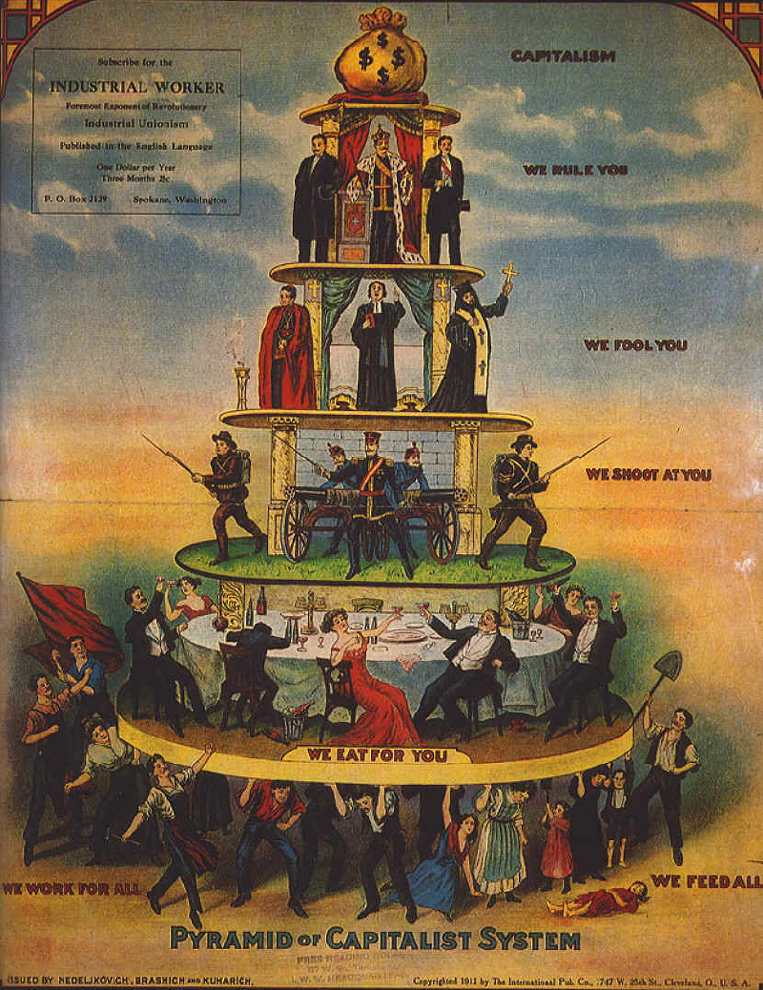Republished by Blog Post Promoter
“The whole dream of democracy is to raise the proletarian to the level of stupidity attained by the bourgeois.”
— Gustave Flaubert (December 12, 1821 – May 8, 1880) was a French writer who is counted among the greatest Western novelists. He is known especially for his first published novel, Madame Bovary (1857)
bourgeoisie, the social order that is dominated by the so-called middle class. In social and political theory, the notion of the bourgeoisie was largely a construct of Karl Marx (1818–83) and of those who were influenced by him. In popular speech, the term connotes philistinism, materialism, and a striving concern for “respectability.” The term bourgeois arose in medieval France, where it denoted an inhabitant of a walled town. Its overtones became important in the 18th century, when the middle class of professionals, manufacturers, and their literary and political allies began to demand an influence in politics consistent with their economic status.
The proletariat (from Latin proletarius, a citizen of the lowest class) is a term used to identify a lower social class, usually the working class; a member of such a class is proletarian. Originally it was identified as those people who had no wealth other than their children.

